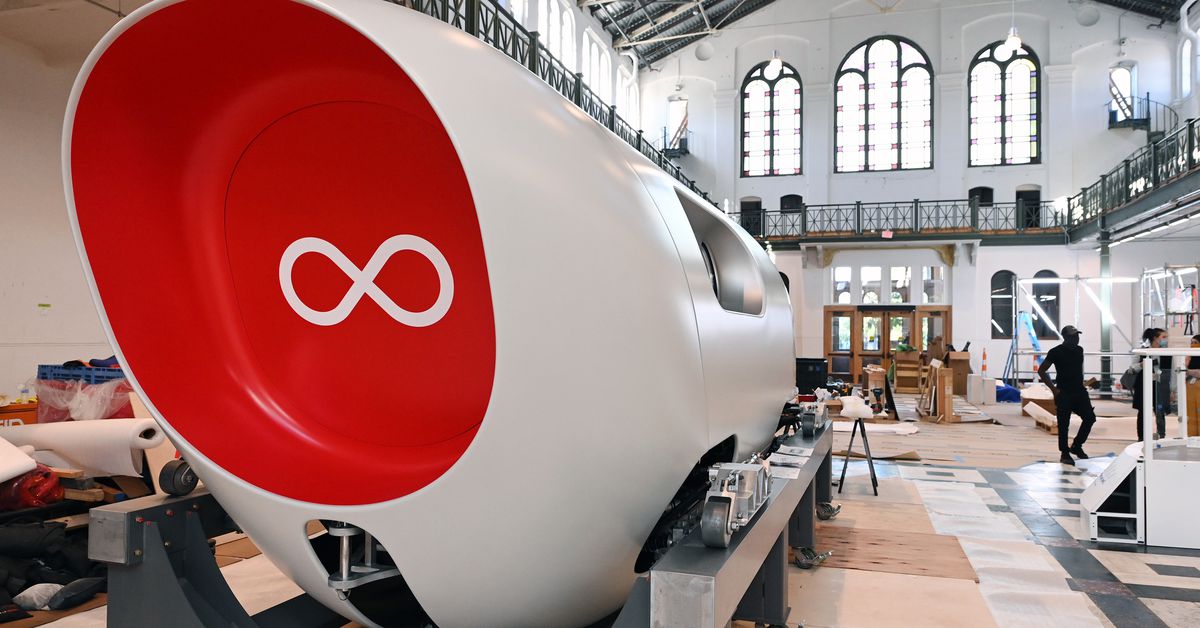When shifting from B2C to B2B the logic is as such: it's the same product and technology anyway, we will have to address fewer customers and drastically decrease marketing efforts, and we will generate higher revenue per customer to match initial projections.

Here's why it never works:
(1) It's never the same product.
Key features and norms are never the same, the user journey is entirely different, and some past specifications become detrimental for the new target. At best, retrofitting the project will cost way more than expected and is set on a very unclear timeline.
(2) You lost half of your team!
About half of your team focused on consumer approach has to be fired (which Virgin Hyperloop did just on cue), and there's no simple way to regroup and start fresh. Your project culture and mindset are operating under a lot of stress and won't deliver excellence anytime soon.
(3) No B2B is not easier, it's different.
If it wasn't no one would care about B2C to start with. Yes, you go down from a few million people to convince to work with you, to maybe a few thousand(s).
But the average lead time goes from a few hours-weeks to a few months-years, the customer acquisition cost (CAC) is x10 or more, and you will have to deal with different layers of management, decision-making, bids, and purchasing with each customer.
(4) Revenues per customer can be higher... eventually.
But yes, on paper you can also get x100 or x1000 (or more) revenues per customer. It's only going to take a few years to get there and B2B customers will want to get tailor-made specifications matching their own process. The bigger they are, the more pressure you will get to version ad nauseam your product without solid revenues to get there.
What's the takeaway? Sometimes, you just have to kill off a bad idea and deal with the sunk costs.







